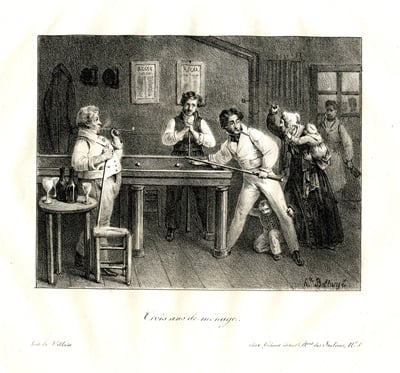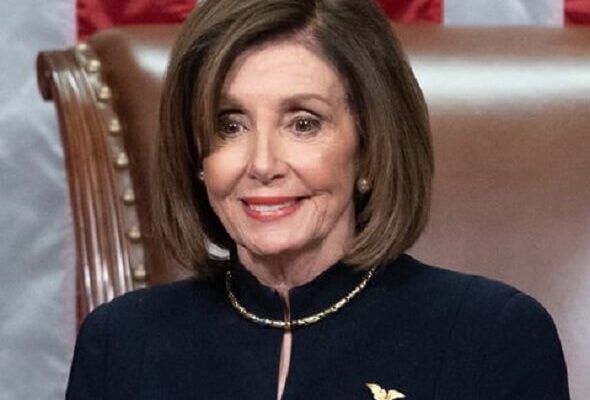Some cities have wine trails, other cities have museum trails; New York City is developing its vice trails, from racinos and lotteries to marijuana on the streets and in Manhattan parks, the city is placing its bets on the future of New York by expanding the number and variety of vices available to residents and visitors.
Politics has encouraged the extension of vice in the city. The Mayor of New York Eric Adams has stated he favors two locations and New York’s Governor, Kathy Hochul is expected to play a significant role in the approval process, despite her claim to remain outside the bidding process. It is important to note that the Governor holds effective control over the New York State Gaming Commission, the entity responsible for overseeing the casino application process.
Currently, two existing racinos in the region, including Resorts World New York City in Queens and Empire City Casino in Yonkers, are seen as leading contenders for two of the three casino licenses. These racinos have the infrastructure to quickly transition into full-fledged casinos and have strong lobbying efforts and ties to local constituencies.
Politics Before We the People
The casino landscape is shaped by political influence and strategic proposals. The city, known for its vices, is witnessing a surge in interest from various contenders vying for the opportunity to establish a casino. The political climate, led by Mayor Eric Adams and Governor Kathy Hochul, plays a crucial role in the approval process.
The competition is fierce, especially for the third casino license, with notable proposals from key locations. Each proposal brings its unique selling points, promising economic benefits, and innovative ideas to attract attention.
The competition is particularly intense and several proposals are being considered:
1. Hudson Yards: Related Companies and Wynn Resorts are bidding to build a casino on the undeveloped portion of Hudson Yards, emphasizing its proximity to the Javits Center to attract convention attendees.
2. Times Square: SL Green Realty Corp. and Caesars Entertainment propose building a vertical casino at 1515 Broadway in Times Square. Their plan includes using profits to improve sanitation and safety in the neighborhood, with the deployment of surveillance drones and AI camera systems.
3. Coney Island: Thor Equities Group, in partnership with Saratoga Casino Holdings and the Chickasaw Nation, aims to build a casino in Coney Island, positioning itself as the underdog against brand-name casino companies.
4. Nassau Coliseum: Las Vegas Sands plans to purchase the lease of the Nassau Veterans Memorial Coliseum on Long Island, envisioning a massive casino and hospitality complex with luxury amenities.
5. Saks Fifth Avenue: Hudson’s Bay Company hopes to bid for a high-end casino located inside its Saks Fifth Avenue flagship store in Midtown Manhattan.
6. Midtown East: The Soloviev Group and Mohegan plan a casino near the United Nations headquarters, with potential additions like a museum dedicated to democracy and a mostly underground casino to accommodate public green space.
7. Midtown West: Larry Silverstein proposes mixed-use high-rise towers at 11th Avenue and 41st Street that would house a casino at the base, partnering with Vatche Manoukian, owner of Parx Casino.
8. Willets Point: Hedge fund manager Steven Cohen, owner of the New York Mets, is in talks with Hard Rock to develop a casino next to the team’s stadium in Willets Point.
9. Trump Golf Links: Bally’s Corporation aims to develop a casino on a portion of the Trump Golf Links at Ferry Point in the Bronx, having agreed to remove the Trump name to make the pitch more acceptable to local politicians.
State Senator Joseph Addabbo expresses optimism, viewing 2024 as the potential year for the casino boom, citing the need for revenue and the untapped potential of dormant licenses. However, Senator Liz Krueger offers a contrasting perspective, emphasizing concerns about exaggerated job and revenue estimates and questioning the necessity of a casino in Manhattan.
The bureaucratic process is already underway, with Mayor Adams attempting to streamline it by proposing a rule that would allow casinos to bypass the typical public review process. This move, however, faces resistance from community boards, as seen in the unanimous opposition from Manhattan Community Board 4’s land use committee.
The proposed amendment, aimed at allowing casinos in specific zoning districts and bypassing the Uniform Land Use Review Procedure (ULURP), is met with criticism for sidelining community boards from the decision-making process. As the debate unfolds, it remains to be seen whether the city will embrace the casino industry in 2024/2025, setting the stage for a new era of vice–based entertainment and zombie economics.
Research Identifies Faults in Political Rational
The Institute for American Values (IAV) has compiled compelling evidence on the social repercussions of casinos, raising concerns for responsible city governance.
Residents residing within proximity to a casino face double the likelihood of developing gambling problems compared to those living more than 10 miles away. The surge in the prevalence of casinos has been paralleled by an increase in problem gambling, with some states witnessing a threefold or even fourfold rise in the number of individuals facing gambling-related issues.
Despite the gaming industry’s assertion that the overall number of problem gamblers remains relatively small, this minority is pivotal to the industry’s financial success. A Canadian study revealed that the majority (75%) of casino customers who gamble casually contribute only 4% of casino revenues. Contrarily, various studies assessed by IAV indicate that 40 to 60 percent of casino revenues are generated from problem gamblers. An insightful study commissioned by IAV, conducted by Amy Zietlow, highlights the concerning trend of a growing proportion of problem gamblers emerging from the vulnerable elderly population. Although half of casino visitors are over 50, casinos actively market to individuals over 70 and even 80, enticing them with gambling as an escape from boredom and loneliness, immersing them in a hypnotic world of rapid-fire electronic stimuli.
Misguided or Intentionally Harmful
As the expansion of casinos reaches its limits, towns and cities that embraced gambling as a solution to their challenges may find themselves in a precarious situation. Local economies may appear worse than ever, residents may succumb to new forms of self-destructive behavior, and the anticipated cash flow may dwindle. This paints a picture of a potentially unfavorable outcome for communities that entered into what could be perceived as a misguided investment.
© Dr. Elinor Garely. This copyright article, including photos, may not be reproduced without written permission from the author.
This is part 3 of a 3-part series.
Read Part 1 Here: Taking a Gamble: New York City’s Risky Proposition for Casino Hub in East Side of Manhattan
Read Part 2 Here: Vice is Nice, But. Does Manhattan Need Casinos?




